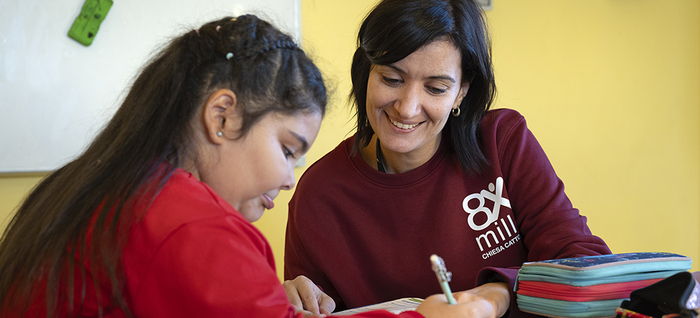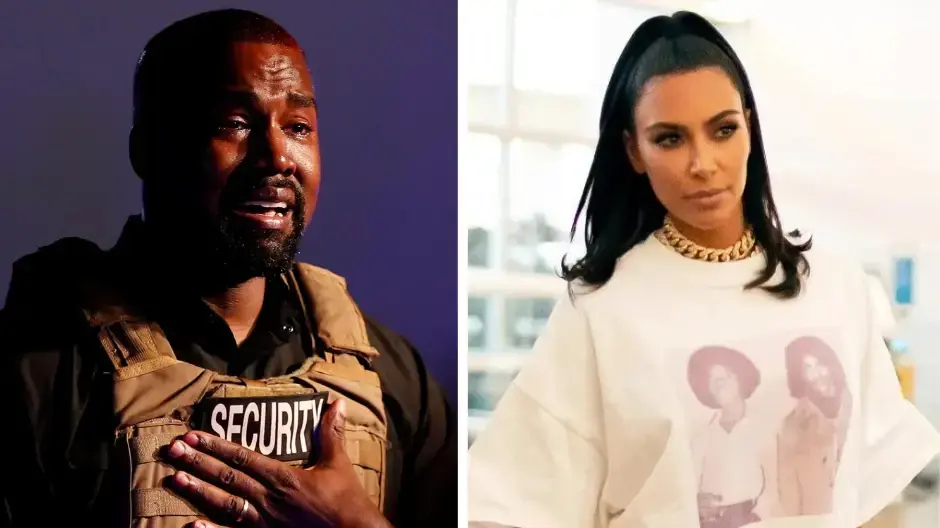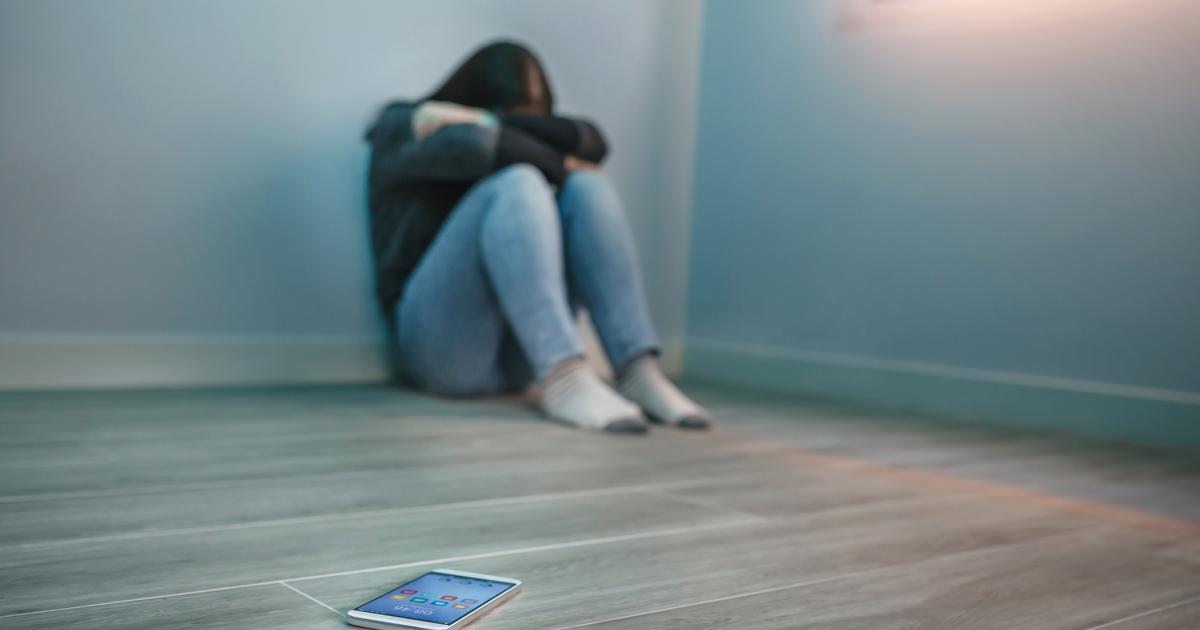A beautiful face is useful for getting better at people - whether in job interviews, salary negotiations - or when it comes to getting good grades. This was discovered by researchers many years ago. Now, according to a US study, there are indications that prettily kept children also learn better than others.
They performed better in tests, as American economists found out about Daniel Hamermesh of Barnard College, New York. Further insight: If you look good, you will later decide with more probability for further education, for example a university degree.
But who decides who is "pretty" and who does not?
For the study, the researchers evaluated the data set of a national study (SECCYD), for the more than 1300 children in the US were accompanied from the 6th month to the age of 15 years. Students looked at videos of the children - and then should evaluate whether they would look "very sweet and very attractive" to "in no way sweet and very unattractive".
The researchers also worked with findings from the UK's UK National Child Development Study. It contains data from 17,000 Britons, all born in a particular week in 1958. In addition, teachers were asked about the appearance of students. They assign these four categories: attractive, unattractive, abnormal, or malnourished, neglected, and dirty.
The researchers then evaluated standardized tests in subjects such as math or reading to see if there was a link between the attributed attractiveness of children and their academic performance.
If you are considered attractive, you will go to school for almost five months longer
Findings are robust, according to researchers: Pupils who are considered prettier improved their performance at school faster than others - and more likely to achieve a high level of education in the long term. Anyone who is only prettier than the average person goes to school for almost five months longer than an "otherwise identically average-looking person," the researchers said.
Why prettier children do better at school, the scientists but only speculated on: Give teachers and parents more attractive time and attention to less attractive than less attractive? Are classmates treating the good looking ones differently than others? Gives the appearance of the prettier children more self-confidence, not least because they are often more credited?
"Nice is the same"
"If someone looks good, we intuitively assume that he is smarter, more diligent, more creative, more reliable and much more than his less attractive contemporaries," is the attraction researcher Ulrich Rosar from the University of Dusseldorf
In 2012, Rosar examined how the appearance affects the grades of 77 fifth and ninth graders in a Gymnasium in North Rhine-Westphalia. The prettier students did better - although it was unclear whether they actually performed better. They were better rated by their teachers.
Experts say good-looking students are more socially and powerfully effective on classmates and teachers. According to an American study from 2001, the sight of an attractive face activates the reward system in the brain of the beholder. In line with the bill: "beautiful is equally good".
In order for children to be judged not on their appearance but on their actual performance, researchers are calling for an anonymous rating system: teachers who are unfamiliar with the students could at least randomly review class work. Instead of names could also be numbers on the class work - as it is already the case at many universities today.
Big eyes, tender chin, little nose
Whoever is regarded as attractive and who does not, sums up the "Attractiveness Consensus" theory, which relies on the majority principle: If you let two dozen people rate the appearance of a person on a scale of one to seven, the result is usually quite clear. Accordingly, in girls big eyes, a soft chin and a small nose are considered pretty. In boys, a strong chin and prominent cheekbones are well received, plus a wide smile.





/cloudfront-eu-central-1.images.arcpublishing.com/prisa/PZPEEEUGKRCO3JJYTV72EIJGLM.JPG)



